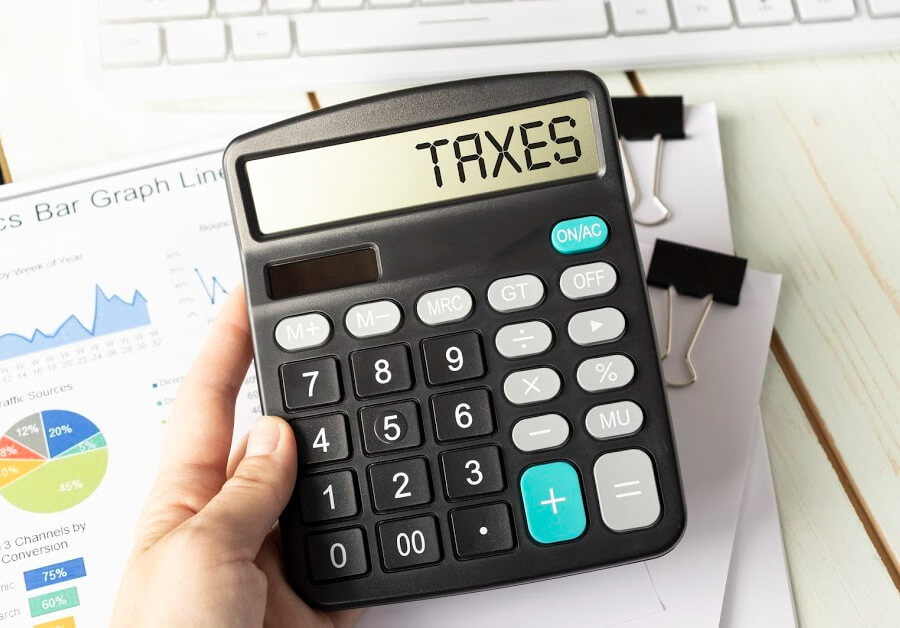Tax planning can help any business save money on taxes and minimize errors in tax filings. Here are some strategies to start tax planning.
Tax Archives - Page 6 of 8 - GG Advisors LLC
With the rise of VRBO and Airbnb, allowing short-term rentals on a vacation home are becoming more popular. Here’s what you need to know about vacation home taxes.
The IRS recently released information on how to check eligibility, opt-in for non-filers, and opt-out of the advance child tax credit payments as part of the ARP.
The IRS is cracking down on cryptocurrency reporting on tax documents. Here's what you need to know to properly report gains and losses on your tax return.
Summer Reminder: Safe Harbor Rules for Rental Real Estate
Recent updates to 1031-exchange regulations provide new details on the definition of real property and incidental property and provide new means for testing fixtures involved in like-kind property exchanges.
Avoid these top audit triggers and make sure your business is following best practices to avoid an IRS audit this year.
The American Rescue Plan Act (ARPA) has been signed into law by President Biden and makes significant updates to several tax provisions to alleviate some of the pandemic's financial burdens for individual taxpayers and businesses. Updates include expansions and extensions of various tax credits such as the employee retention credit (ERC), COBRA continuation coverage, Affordable Care Act (ACA) subsidies, and more. The bill also includes $1.46 billion for the IRS to manage the additional responsibilities on top of the annual tax filing season. Here are the critical tax updates.
The Internal Revenue Service recently issued the 2021 optional standard mileage rates. These rates, which adjust every year to account for inflation of fuel costs, vehicle cost and maintenance, and insurance rate increases, will once again affect the way a company reimburses their mobile workers.
The U.S. Small Business Administration (SBA) and Treasury has announced that lenders with $1 billion or less in assets will be able to open applications for the next round of Paycheck Protection Program (PPP) funding starting Friday, Jan. 15 at 9 a.m. ET. Both first and second-draw loans will be able to apply at that time. For large lenders, the application opens on Tuesday, Jan. 19 for first and second-draw loans.









